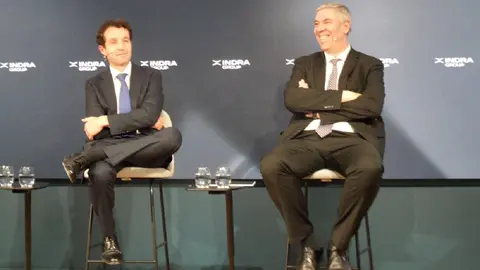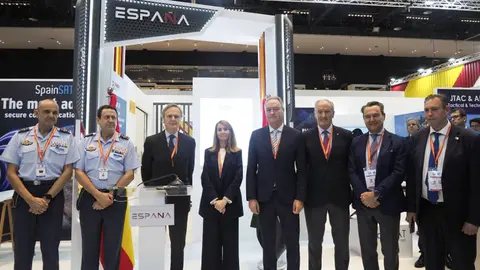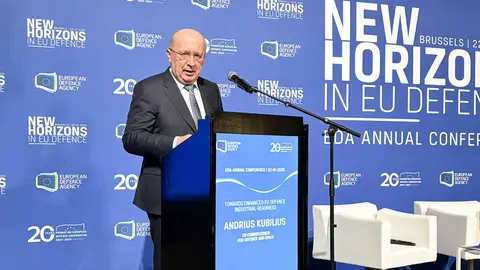Corruption and waste, two dangers that threaten Brussels' plan to Rearm Europe
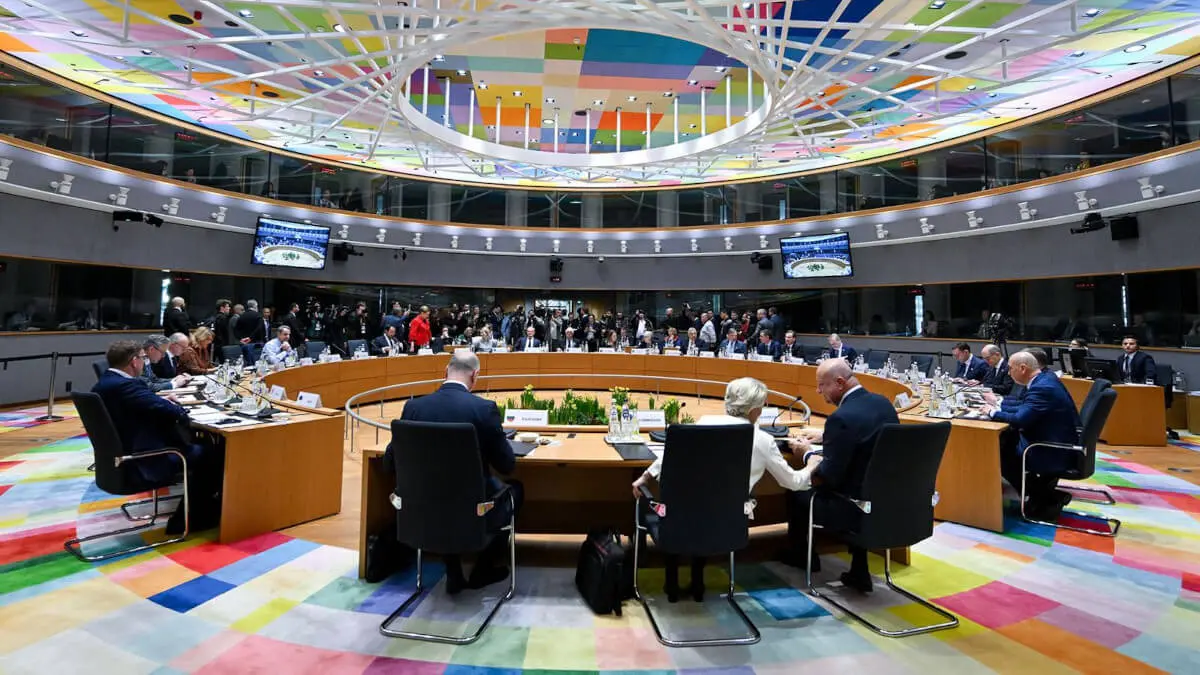
A pressing need that Brussels considers to be almost a matter of life and death is the so-called Rearm Europe plan, an initiative with which the President of the European Commission, the German Ursula von der Leyen, wants to increase the military capabilities of the twenty-seven, multiply their spending and investment in weapons systems, improve production lines and consolidate supply chains.
Between the resources of Brussels and the contributions of each of the twenty-seven partners, Von der Leyen intends to dedicate the astronomical figure of 800 billion euros to reinforcing the military potential of EU countries. The plan envisages using ‘all available financial levers to help member states significantly increase their spending on defence capabilities in the short and long term,’ emphasised the European Commission's economic adviser in Spain, Anna Armengol, during her speech at the recent Infodefensa Forum.
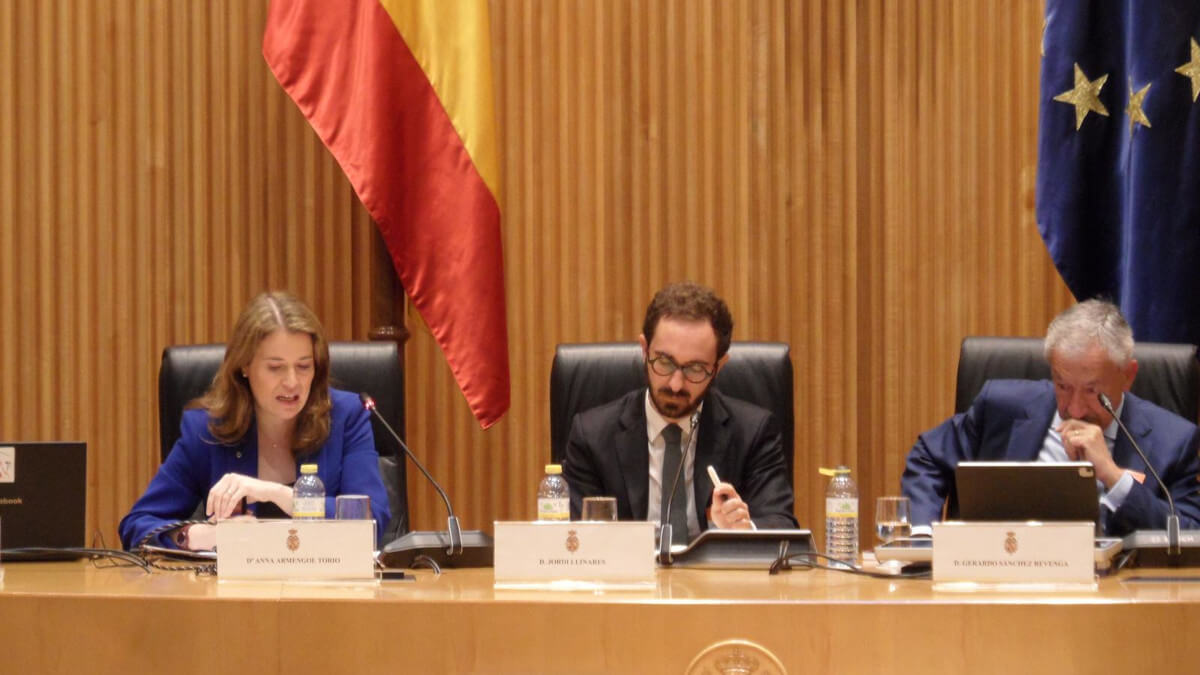
The economist explains that one of the proposals included in Rearmar Europa is to contribute 150 billion ‘in the form of loans’ for air defence programmes, missiles, artillery systems, armed drones, anti-drone systems and cybersecurity. Another is to mobilise capital from the European Investment Bank to act as a ‘locomotive’ and set an example for the private banking sector in financing the defence industries.
Faced with such a multi-million dollar panorama, the scenario of interests that is opening up to the eyes and pockets of some unscrupulous politicians and former senior officials now working as lobbyists is enormous. In offices here and there they are rubbing their hands together, hoping to get their hands on a piece of the juicy loot that they can already smell. In the form of opaque commissions, they are going to do everything possible to ensure that the loot ends up in the current accounts of front men or in secret deposits in some tax haven.
Dumping most of the investments in the national productive fabric
The elegant intermediaries are already preparing their tactics, tricks and blackmail to approach those senior officials most likely to be convinced or cajoled by influential party colleagues now involved in companies of dubious reputation, pressure groups or conglomerates specialising in the buying and selling of arms or whatever it takes to maintain their high standard of living.
A recent and well-known example of the above is what happened during the COVID-19 pandemic, which devastated Spain between March 2020 and July 2023. The national emergency led the government of President Sánchez to relax the financial and economic control measures in the contracts for the purchase of medical supplies that, in an unbridled race, were carried out by official bodies of the central Executive, regional governments, town councils and public companies.
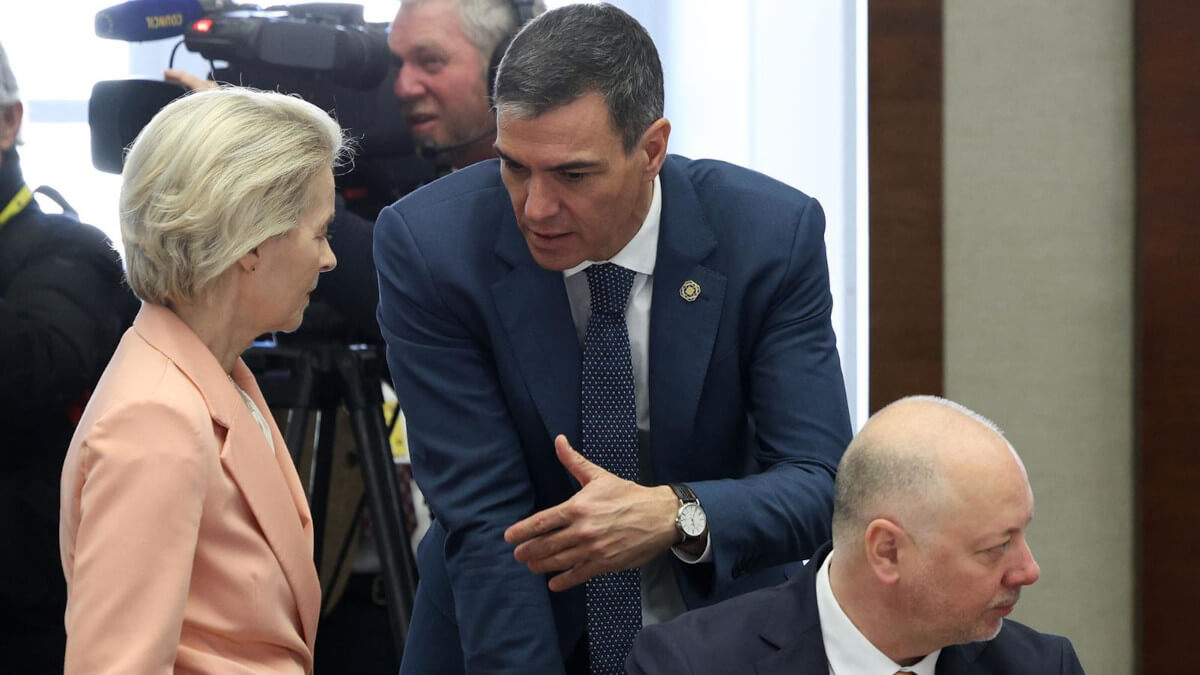
Under the cover of the emergency unleashed by the attempt to preserve or cure hundreds of thousands of lives from the malignant virus, purchases with exaggerated cost overruns and fraudulent purchases ran rampant in Spain, while the established mandatory controls were mitigated, some irregularities were ignored and there were even cases of alleged favouritism in some of the upper echelons of politics and administration.
This must not happen again, and even less so in the Ministry of Defence, which is the body responsible for implementing the very ambitious Rearm Europe plan proposed by von der Leyen and which enjoys the consensus of the 27 EU member states. And no wonder, because the Spanish military industrial fabric is expectant in the face of the fat cows scenario promised by Brussels in the face of continued support for Ukraine and Donald Trump's strategic scare regarding the European Union.
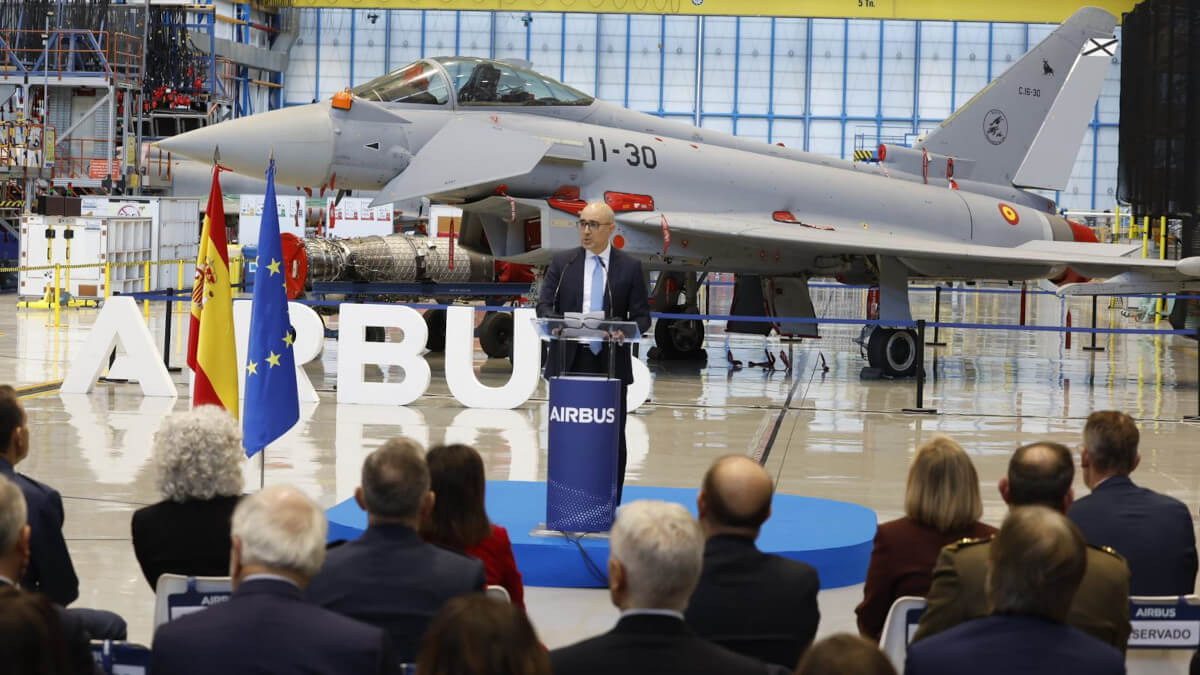
The defence industry workforce is also keeping an eye on the expected growth of the defence budget to 2 per cent of GDP. Meetings in Paris, London, Kiev and the extraordinary EU council in Brussels on 6 March, attended by Pedro Sánchez, suggest that this will be achieved by 2029. The current annual investment in arms and equipment is around 6.5 billion euros - around 30 per cent of the total defence budget - but the aim is to increase this to around 13 billion euros, most of which will be channelled into the national productive fabric, something that is by no means easy.
For nearly 20 years, the politicians who have held the Defence portfolio, following the guidelines of the successive occupants of the Moncloa, have devoted themselves to shepherding the state-owned companies and the majority of the private companies that, to a large extent, depend on the arms and materiel items and programmes included in the General State Budget.
A national industry capable of providing the most advanced technological capabilities
The lean years came with the mandate of José Luis Rodríguez Zapatero (PSOE), they became more radical with the four years of President Mariano Rajoy (PP) and they have continued under Pedro Sánchez (PSOE), although with exceptions. In recent years Moncloa has fallen from grace and the Ministry of Defence has managed to feed new pastures to the one who is now being flattered with the phrase ‘there is no solid defence without a strong defence industry’.
For some companies, large, medium and small, as well as for the Armed Forces, the long years of hard times were a kind of journey through the desert, a period in which the Army and Navy had to face a long period of scarcity of investment and support and almost begged at the doors of the Secretary of State for Defence. At the Infodefensa Forum, the Vice-President and Business Director for Spain at Airbus DS, Marta Nogueira, pointed out that, from a financing point of view, ‘we have been through some very difficult years’, which have caused ‘holes in military capabilities that now need to be filled with care and responsibility’.

Fortunately, most companies have been able to weather the storm in one way or another, especially by turning to the competitive foreign market, betting on exports and emerging victorious from the endeavour. The defence industry sector is now immersed in an expansionary cycle, but lacks a stable medium- and long-term budgetary framework, which the Sánchez government has so far refused to discuss. The consequence is that it is wandering aimlessly along a route marked by the global geostrategic situation and under the influence of third countries.
The problem is huge because the Rearming Europe plan and growth towards 2 per cent will lead to a significant increase in weapons systems acquisition programmes, which neither the Directorate General of Armaments and Material (DGAM) nor the recently created Directorate General of Defence Industry Strategy and Innovation will be able to cope with.
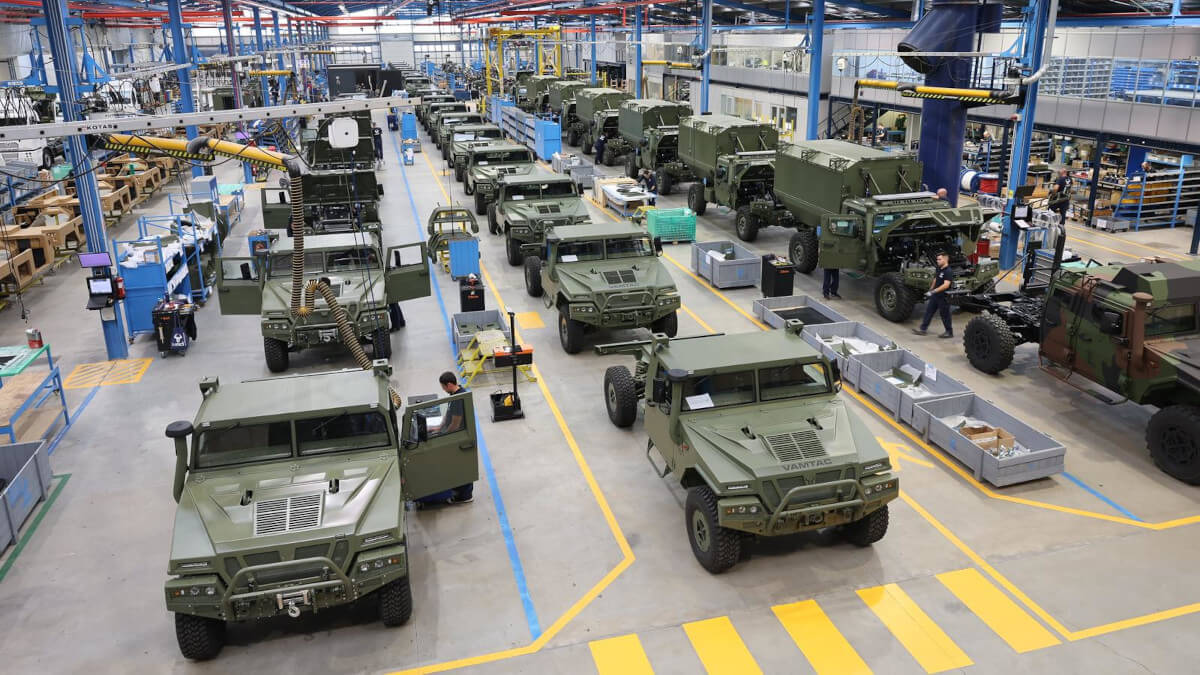
The reason is twofold. On the one hand, they do not have the qualified personnel essential to take on the volume of work that is coming their way. The former deputy director of Programmes at the DGAM, Air Force General Salvador Álvarez Pascual, sums it up as follows: ‘if they were to put a significant number of programmes on the table, the ministry would have great difficulty in managing it’.
To this we must add the restrictive legal framework that regulates the system of purchasing weapons systems and equipment within the Ministry of Defence. It is necessary to update the regulations and make them more agile, while reducing administrative and legislative barriers, without prejudice to the essential controls and measures of inspection to avoid irregularities that could lead to cases of corruption.
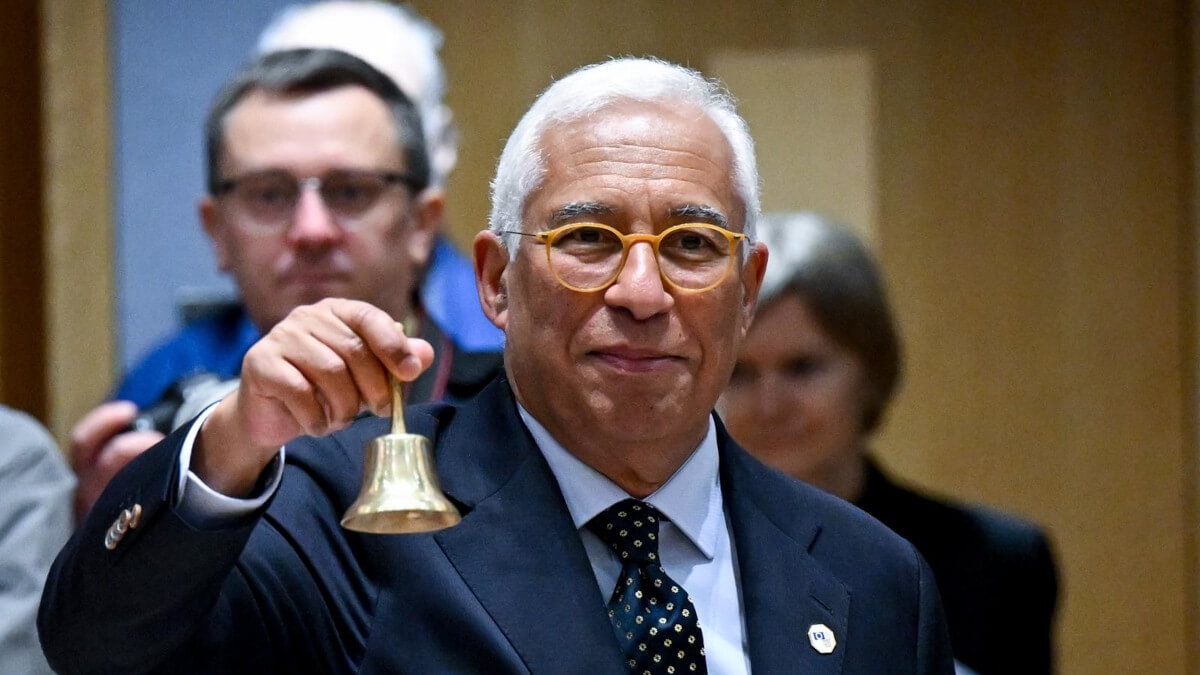
As summarised by Marta Nogueira, the main function of the national defence industry is to provide the Spanish Armed Forces with ‘what they need to fulfil their missions in constantly evolving operational scenarios’, which is achieved by ‘equipping them with the most advanced technological capabilities’.


